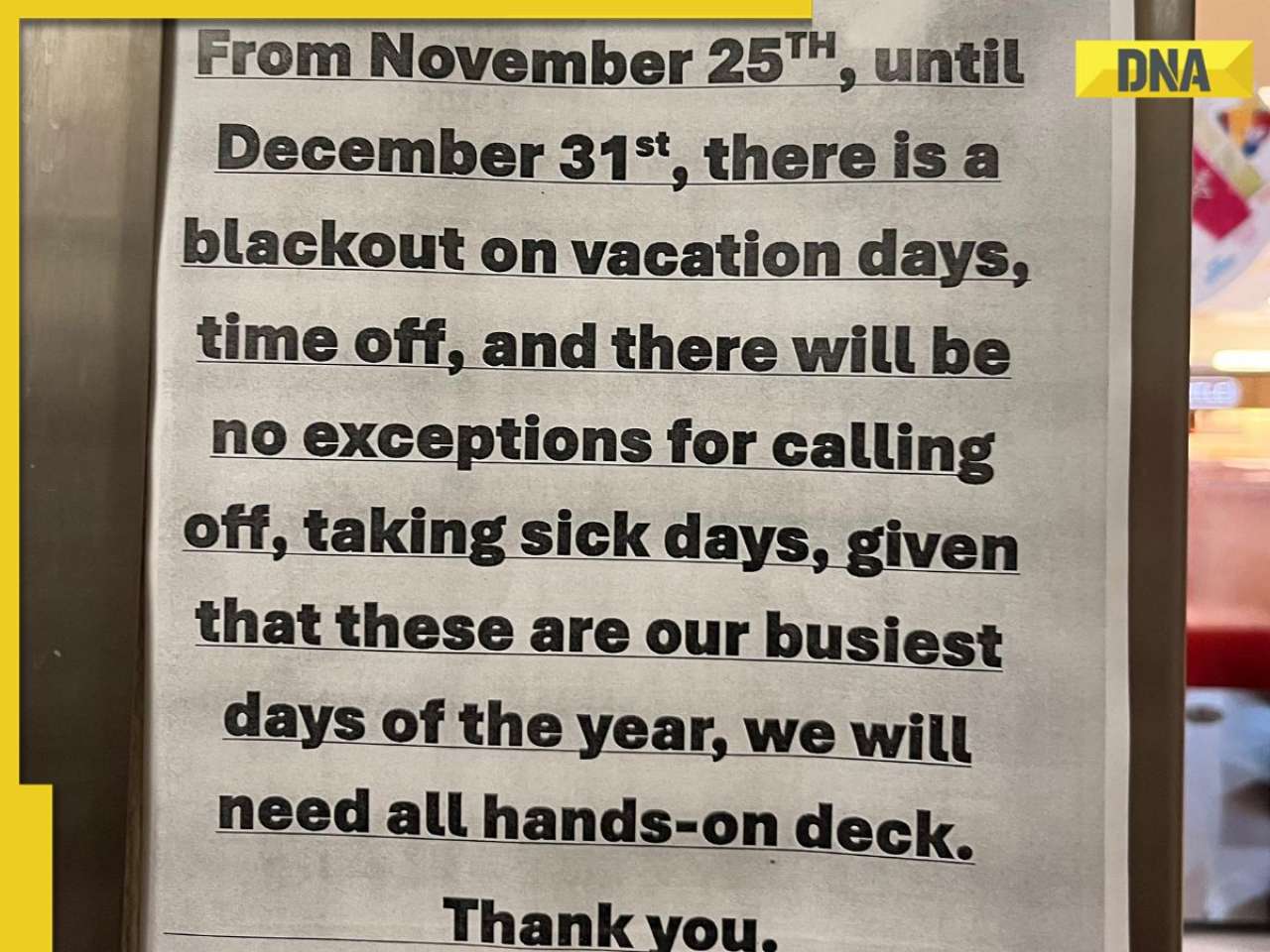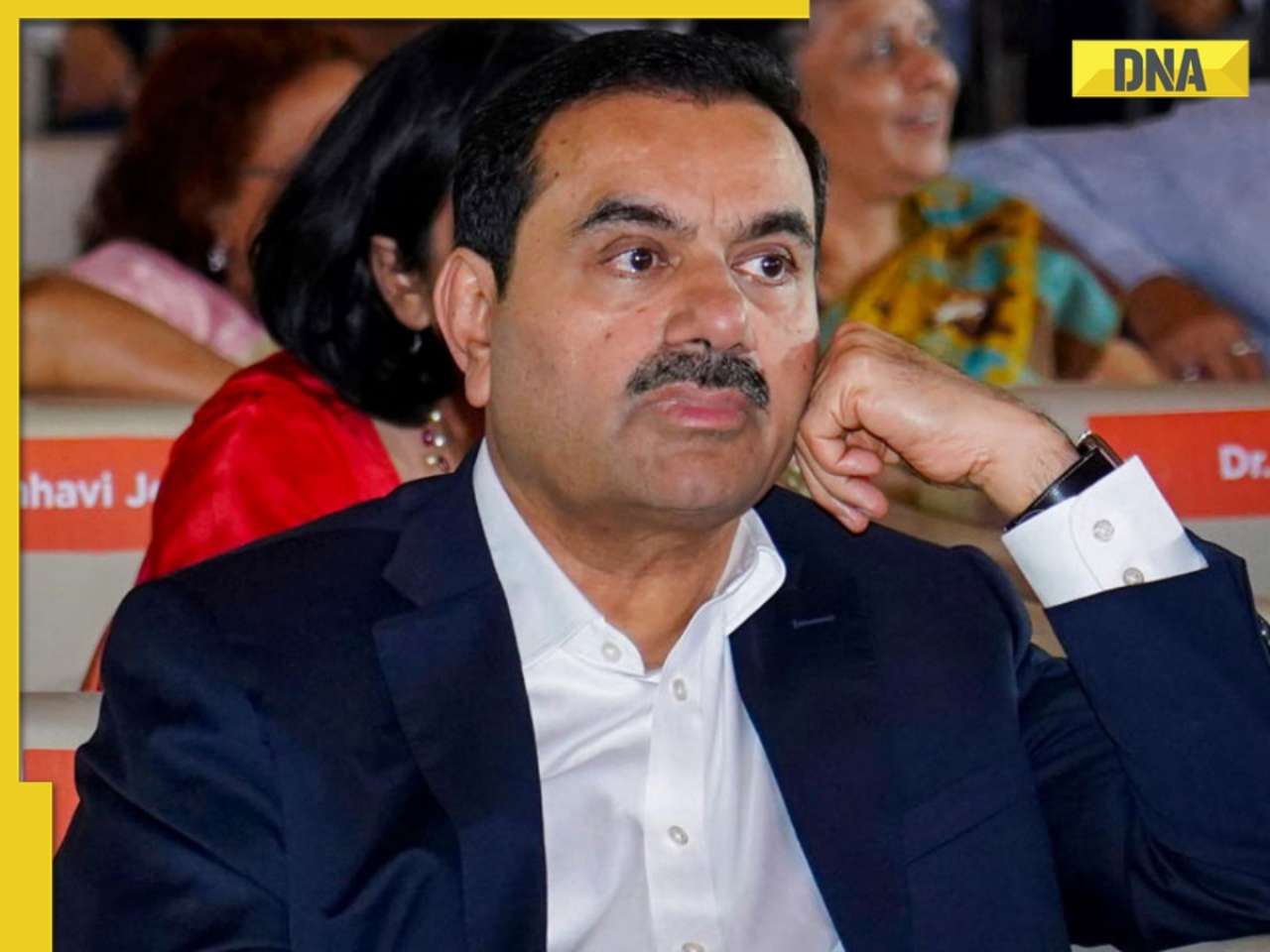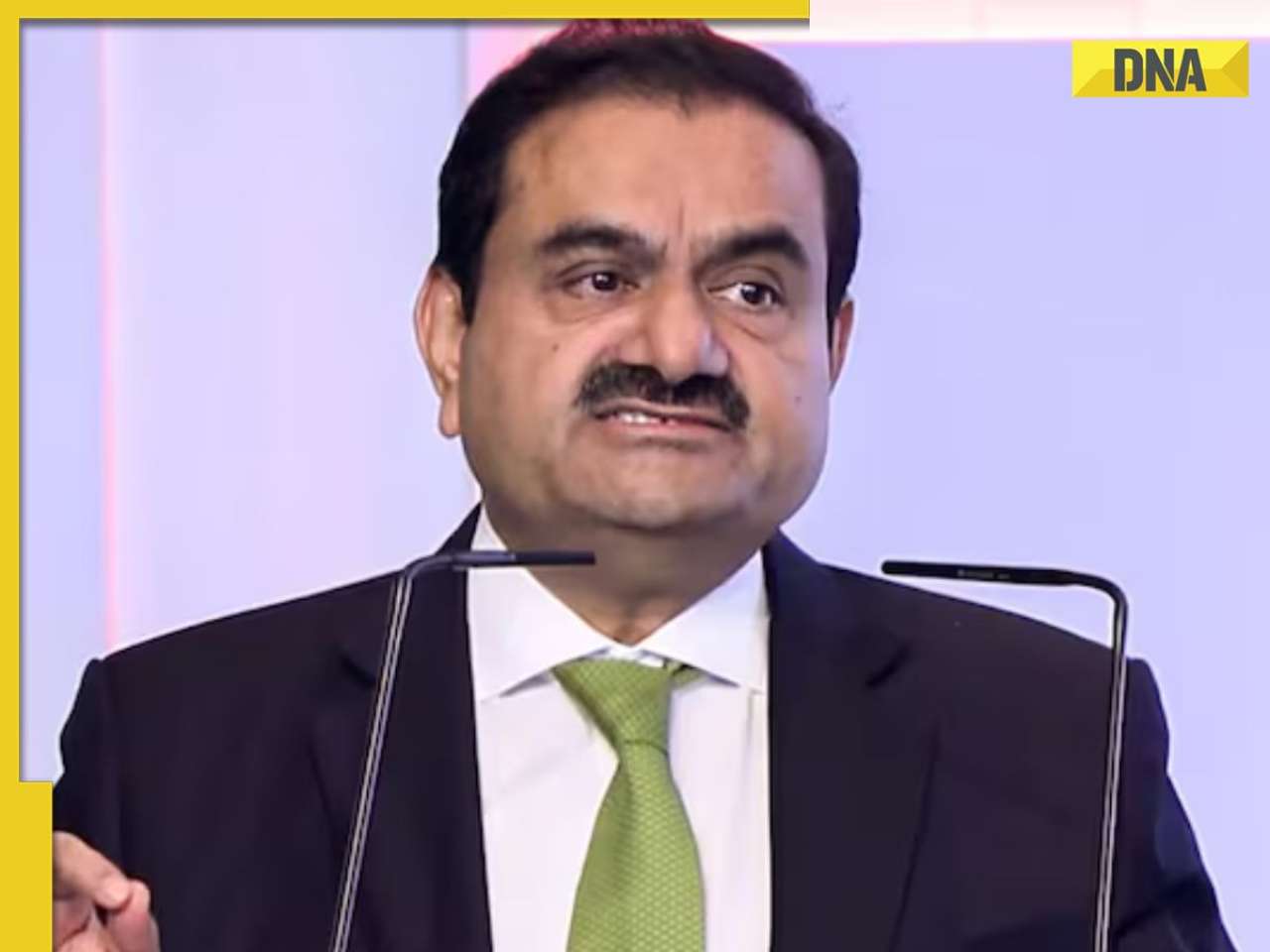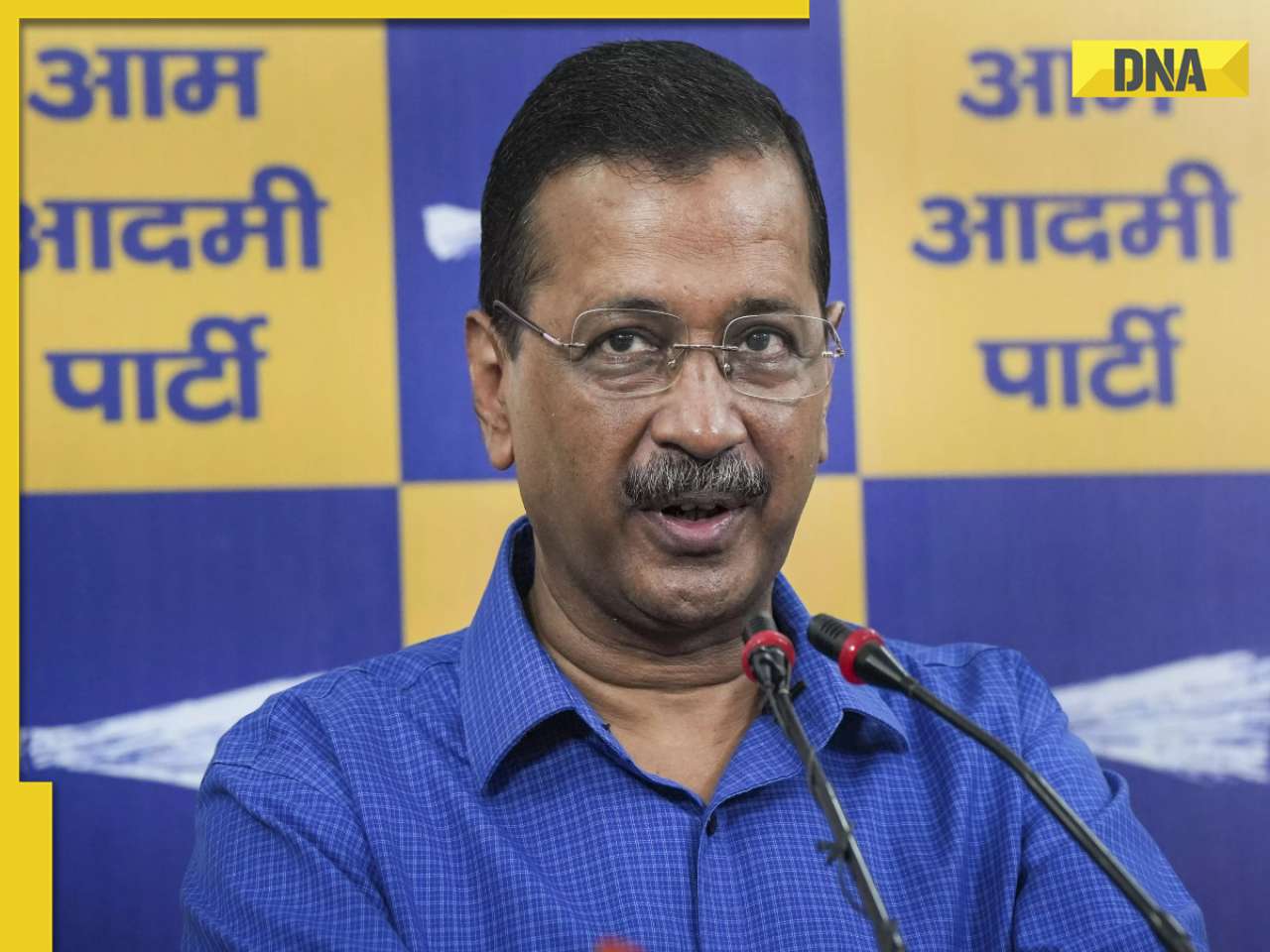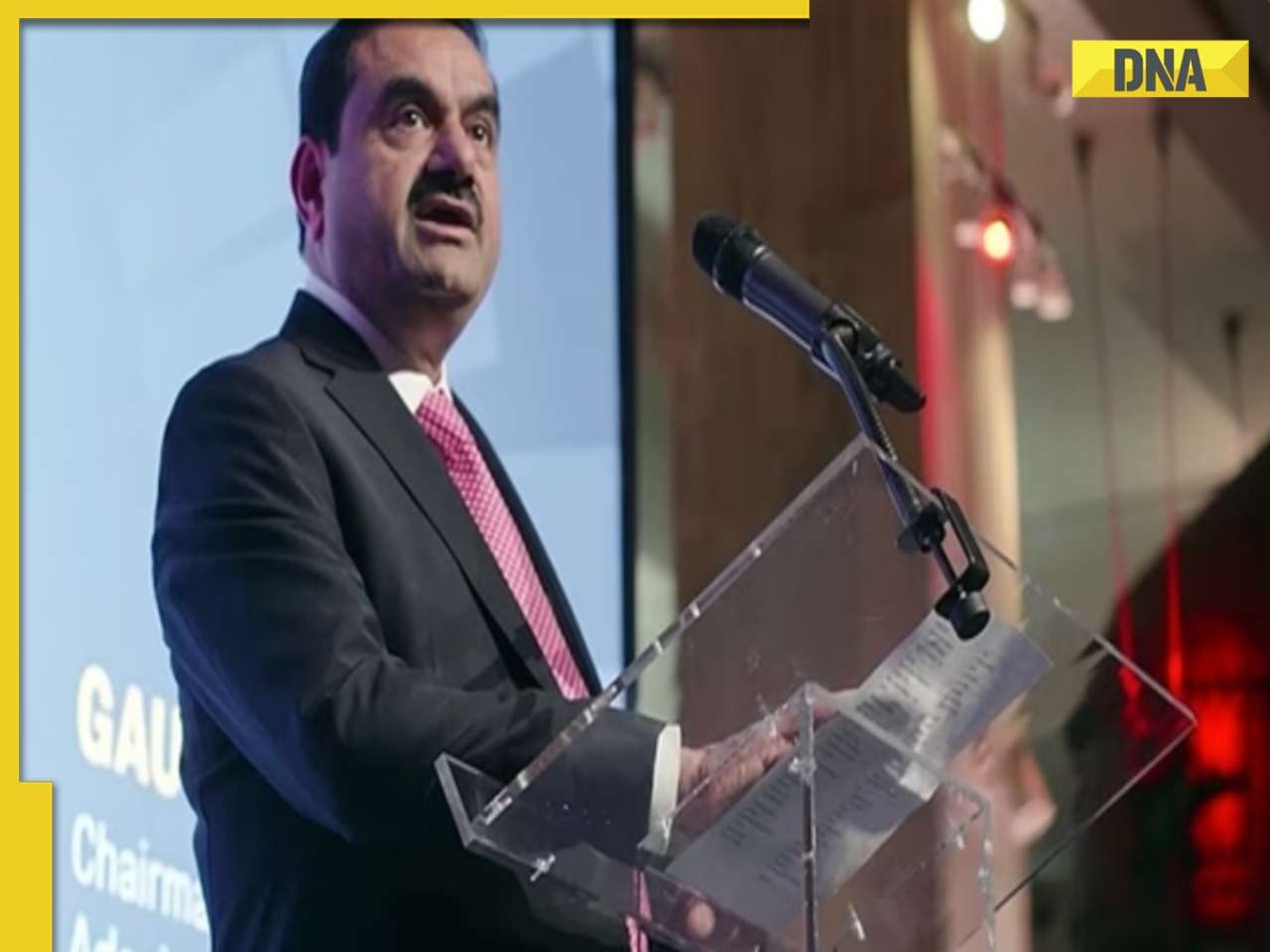- LATEST
- WEBSTORY
- TRENDING
ANALYSIS
Nuclear Shadows: Israel's military, economic, covert strategies, and their implications for Iran's resilience
Although Western leaders are advising caution, a major attack is likely anticipated. Israel might target military, economic, or possibly nuclear sites
TRENDING NOW
Israel has different ways to respond if it decides to strike Iran. Although Western leaders are advising caution, a major attack is likely anticipated. Israel might target military, economic, or possibly nuclear sites. However, Joe Biden has informed Benjamin Netanyahu's government that the US won't back the nuclear option.
Iran's air defences aren't very strong, so it would likely have trouble stopping Israeli missiles or airstrikes. This was shown on April 19.
In response to Iran's earlier missile attack, Israel damaged part of Iran's top air defence system, the Russian S-300, in the military city of Isfahan.The strike was meant to show Iran what Israel could do.
According to The Guardian, Middle East expert Fabian Hinz said that if nuclear sites aren't an option, Israel's main choices are to target military or economic sites.
Military Targets
The most straightforward action for Israel would be to target Iran's missile and drone bases. According to Hinz, these are often underground and sometimes "deep under mountains."
While bombing might block the entrances, the bases are built to withstand even the largest conventional explosives. Striking them might not stop future attacks, he added.
Another option could be to target Iranian air defence bases again, but on a larger scale. This would include areas around Tehran, Isfahan, and Persian Gulf ports.
A more complex attack could focus on military factories, like repeating the January 2023 drone strike on a weapons factory in Isfahan.
However, these attacks could lead to mistakes and unexpected casualties.
Oil terminals, refineries and economic infrastructure
A possible retaliation for the ballistic missile attack on Israel on Tuesday, October 1st, could involve targeting Iran's oil infrastructure. President Biden mentioned on Thursday, October 3rd, that discussions on this response were underway.
The Kharg oil terminal is the main target being mentioned, as it is responsible for about 90% of Iran's crude oil exports, with most of that oil going to China, according to some estimates.
The Kharg oil terminal is located on Kharg Island, which lies in the Persian Gulf off the coast of Iran. It is an important hub for the export of Iranian crude oil.
Another important facility is the Abadan refinery, located near the Iraqi border, which plays a major role in meeting Iran's domestic oil demands.
"Iran's oil industry is highly vulnerable," said Hinz, explaining that targeting economic sites could have lasting effects.
"Iran's economy is in trouble, and the government is always seeking relief from sanctions," he said. He also pointed out that Israel's airstrikes on the Houthis in Yemen last month targeted fuel, power, and port facilities in Ras Issa and Hodeidah.
The question is whether an economic strike in response to Iran's actions on Tuesday, October 1st, would be considered a proportional response.
Iran stated that it had chosen military targets, and its missiles hit Israeli air bases, causing minor damage to the Nevatim facility and the headquarters of the Mossad intelligence agency.However, a school east of Ashkelon was hit, severely damaging a classroom.
A broader attack would likely provoke an Iranian retaliation more than a smaller, targeted military strike by Israel. Iran's military chief of staff, Maj Gen Mohammad Bagheri, warned that if Iran were attacked, it would respond with an even larger and more widespread missile strike.He stated that the attack on Tuesday, October 1st, "will be repeated with greater force, and all of the regime's infrastructure will be targeted."
Covert Methods and Targeted Assassinations
Israel might choose a different approach by expanding its targeted killings in Iran. It has already demonstrated its ability to carry out assassinations in Tehran, as seen with the killing of Hamas political leader Ismail Haniyeh at the end of July.According to a report from the New York Times, an explosive device that had been hidden two months earlier was set off in the guesthouse where he was staying.
It is believed that Israel has killed several of Iran's top nuclear scientists, including Mohsen Fakhrizadeh, who was reportedly assassinated in November 2020 using a remote-controlled machine gun.
Israel doesn't seem to be planning a quiet response to the clear missile attack. The prime minister has stated that Iran will "pay for it."
Nuclear Targets
Military experts think that Israel would not be able to carry out a major strike on Iran's network of nuclear sites without direct military support from the US.
The main locations where Iran is enriching uranium to 60% purity, Natanz and Fordow, are located deep underground, beneath layers of rock and concrete.
In a paper by Darya Dolzikova and Matthew Savill, first published in April by the Bulletin of the Atomic Scientists and reported by The Guardian, it’s explained that the only conventional weapon likely to penetrate Iran's underground nuclear sites is the American GBU-57A/B, a massive bomb weighing over 12 tons and about 6 metres long. This bomb can only be carried by large US bombers, such as the B-2 Spirit.
While Israel might be able to strike smaller sites and slow down Iran's nuclear programme by hitting facilities that produce centrifuges used for uranium enrichment, there is a risk that such an attack could push Tehran to accelerate its efforts to develop an atomic bomb.
Tehran might view turning its nuclear programme into actual weapons as the only way left to ensure the security of the Iranian regime.
(The author of this article is an Aerospace & Defence Analyst based in Bengaluru. He is also Director of ADD Engineering Components, India, Pvt. Ltd, a subsidiary of ADD Engineering GmbH, Germany)
(Disclaimer: The views expressed above are the author's own and do not reflect those of DNA)







)
)
)
)
)
)
)
)
)
)
)
)
)
)
)
)





